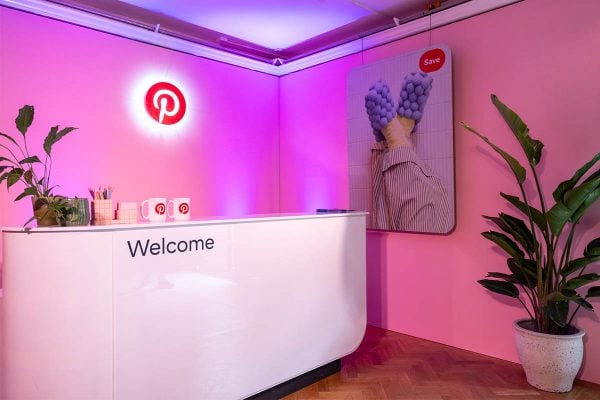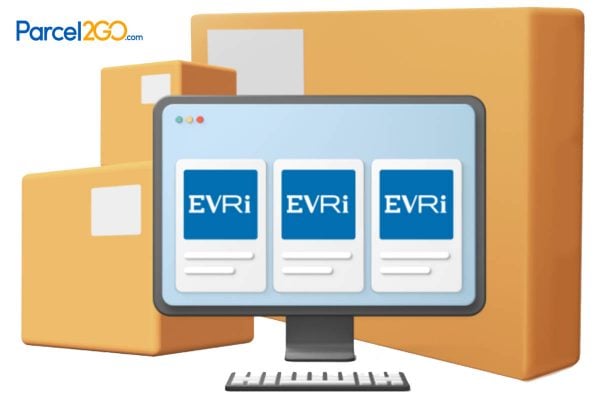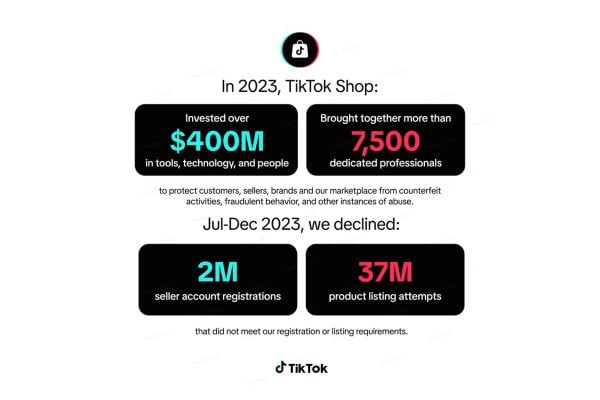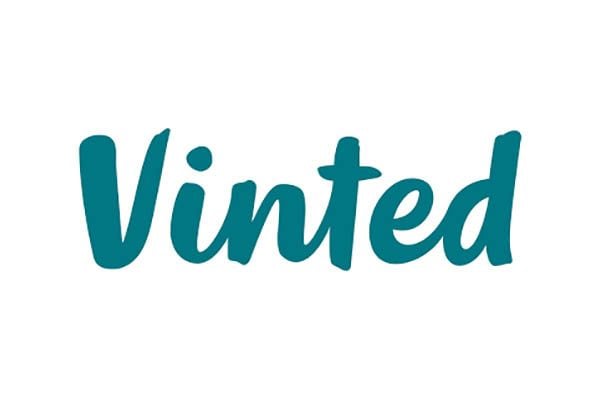As of January next year businesses can’t add any surcharges for card payments, according to new rules from the UK Government. Treasury estimates say that such surcharges totalled £473m in 2010. And that figure has doubtless increased since then.
The new rules reflect a directive from the European Union which bans surcharges on Visa and Mastercard payments.
But the British Government has gone further than the EU by also banning charges when paying with American Express and Paypal too.
When it comes to surcharges, you see it all over the place, but apparently the notable offenders are airlines and food delivery apps. And, of course, some small businesses will typically add a fee for cards: the pub, the corner shop and in general. My local offie up the road charges 40p. Both Hungryhouse and Just Eat apparently add 50p as a matter of course.
But they’re not the only offenders: many local authorities levy charges of around 2.5% on council tax payments and the DVLA charges £2.50 for a card payment. Government bodies will also have to comply from January.
Obviously the argument will go that such fees for processing cards will now be factored into the price and prices will increase. That strikes us as the sensible option. After all, we don’t pay a fee to a shop because they’ve turned the lights on so we can see the goods we want to buy. Businesses should consider all the costs of doing business and price goods and services accordingly.
And then consider the unstoppable emerging trend towards contactless card payments. Those millennial, and others, consumers often don’t seem to be holding finest folding. Why should they be penalised?
Such surcharges have for a long time been a ‘conversion tariff’ on a successful sale: in essence a penalty because you want to buy something and pay by card. I personally find the ‘minimum spend’ fee particularly egregious. In my local pub you pay 50p if you spend less than £8.50 in an individual transaction on a card. When I think of what I’ve spent over the years there, that’s a rather insulting take on occasion. Cash does, in its own way, have its own processing cost too. It must be counted and banked, after all.
The best bit of advice for businesses is to reassess your payments processing provider. The old school providers charge per transaction, also take a monthly fee and there can even be an additional expense in keeping and maintaining the handset. The new generation of payments providers are often much cheaper and can easily operate on your premise’s wifi. It seems likely that they will benefit from the changes.
Is this a good new rule or a bad thing? You tell us.









7 Responses
I hate all these extras that either have to be paid or should be paid.
I just want a single price.
Tips and cover charges or table charges, I would also include.
I was at a restaurant the other day and noticed in the menu in the extra small print, IF the party was 7 or more, then an “OPTIONAL” 10% would be added to the bill.
I don’t tip the barber or the restaurants as I think they should be grateful for my business. No one tips me for sorting their issues on a Saturday night at 11PM and answering a load of questions. I am grateful that customers shop with me whether website, ebay or amazon.
I know my comments aren’t quite what Dan has written about but till gets my goat!!
Can they ban fuel surcharges as well then please. All these ‘fees’ on courier and RM to be frank are junk as they never change yet fuel prices go up and down!
I have a small retail business that has recently opened. Due to the fact that I personally hate the minimum spend charges we get everywhere, I refused to be the same. So it’s just classed as part of the business running costs. Often we are asked if there is a minimum card spend and customers are delighted to hear we don’t charge. To me it could make the difference to making a sale or not and also stops customers worrying about having to carry cash if they want to pop in.
is booking fee the same as this. Vue cinema charges 75p per seat as a booking charge. so a a party of 4 is £3 on top. Is this what they charge for the use of the card or a service which i guess would not be affected by this?
I am not sure what the charges are now, but I think we used to pay around 50p per transaction for a debit card or 2.5% for a credit card.
If it is still the same some small retailers can not afford to take a debit card payment for an item costing £1.
Where do you draw the line?
We buy most of our stock at auction and frequently see signs stating 3% or even 5% surcharge for credit card payments, as well as extra fees for Paypal.
Even if this practice is outlawed, it will simply be added to the overall commission rates at auctions, which will rise as a result.
I was reading about a bullion dealer who operate on razor thin margins of 1-2%. They pass on the 2% cost of credit cards to the customer, but do not charge for debit card transactions. Now they plan on raising their prices for everyone, meaning people who buy on credit will be subsidised by those who don’t.